California
California regulators vote to extend Diablo Canyon nuclear plant operations through 2030

SAN LUIS OBISPO, Calif. — California energy regulators voted Thursday to allow the Diablo Canyon nuclear plant to operate for an additional five years, despite calls from environmental groups to shut it down.
The California Public Utilities Commission agreed to extend the shutdown date for the state’s last functioning nuclear power facility through 2030 instead of closing it in 2025 as previously agreed.
Separately, the federal Nuclear Regulatory Commission will consider whether to extend the plant’s operating licenses.
The twin reactors, located midway between Los Angeles and San Francisco, began operating in the mid-1980s. They supply up to 9% of the state’s electricity on any given day.
The Public Utilities Commission’s decision marks the latest development in a long fight over the operation and safety of the plant, which sits on a bluff above the Pacific Ocean.
In August, a state judge rejected a lawsuit filed by Friends of the Earth that sought to block Pacific Gas & Electric, which operates the plant, from seeking to extend its operating life.
And in October, the Nuclear Regulatory Commission rejected a request from environmental groups to immediately shut down one of two reactors.
PG&E agreed in 2016 to shutter the plant by 2025, but at the direction of the state changed course and now intends to seek a longer operating run for the plant, which doesn’t produce greenhouse gases that can contribute to climate change.
Democratic Gov. Gavin Newsom, who once was a leading voice to close the plant, said last year that Diablo Canyon’s power is needed beyond 2025 to ward off possible blackouts as California transitions to solar and other renewable energy sources.
Activists condemned the extension and noted that the projected costs of continuing to run the aging plant are expected to top $6 billion.
“This ill-conceived decision will further escalate financial strain on California ratepayers and extend the threat of a catastrophe at Diablo Canyon,” said Ken Cook, president of the nonprofit Environmental Working Group.
“With California’s annual renewable energy additions exceeding Diablo Canyon’s output, there is zero reason to keep it running,” he added in a statement.
Copyright © 2023 by The Associated Press. All Rights Reserved.

California
California firefighters confront alleged looters stealing Emmy Award during Eaton Fire: ‘You are not doing this’

A group of California firefighters stopped an alleged looter from robbing a burned-down house and jetting off with an Emmy Award that had miraculously survived the fiery carnage of the Eaton Fire.
Smoke eaters with the Los Angeles County Fire Department were working in a burned-down Altadena neighborhood on Thursday when they came across two suspicious people who were leaving one of the properties.
One of the firefighters confronted a woman – wearing a dark sweatshirt and skirt over sweatpants – carrying possessions from the home including the prestigious award.
“There’s no way what?” the suspected looter asked the firefighter as he walked away from a white pickup truck with the award, according to LAFD Watchdog video obtained by Fox LA reporter Matthew Seedorff.
“No way, you are not doing this,” the first responder argued.
“This was our house. We tried to save all these people. You are not stealing from them.”
The woman claimed she wasn’t stealing and was protecting her neighborhood.
The firefighter walked away but turned around when the woman and her friend attempted to get into the truck.
“You’re not going anywhere,” the firefighter ordered.
The Emmy was awarded in the news and documentaries category in 2002, Fox LA reported.
Along with the Emmy, the woman allegedly stole another award, the Sharp Award from 2016. Both awards had the name of the rightful owner on it, who was not publically named.
The firefighter called for an engine to be parked in front of the suspect’s white pickup until police arrived.
Deputies from the Los Angeles County Sheriff’s Office arrested the looters.
Los Angeles County District Attorney Nathan Hochman revealed nine more individuals charged with crimes related to the aftermath of the Eaton and Palisades fires.
The charges included felony arson, felony possession of ammunition by a felon, felony looting during mandatory evacuations, and misdemeanor impersonation of a firefighter.
Nine people were originally charged with crimes before Hochman’s update Friday.
Over 40 out-of-town vultures were arrested by the Santa Monica police for allegedly preying on the thousands of homes left abandoned there and in the neighboring Pacific Palisades.
The suspected criminals took advantage of residents fleeing the devastating fires and allegedly burglarized the homes.
“To anyone who believes they can use this disaster as a cover for criminal activity, let this be your warning: You will be caught, and you will be held accountable,” Hochman said. “The citizens of this county deserve safety and justice, especially in the wake of such unprecedented devastation, and I will not rest until we achieve both.”
The deadly fires killed 27 people and destroyed more than 11,000 structures after the raging infernos burned through over 40,000 acres since Jan. 7, 2025.
California
California prisoner firefighter program draws harsh criticism

IE 11 is not supported. For an optimal experience visit our site on another browser.
-
Now Playing
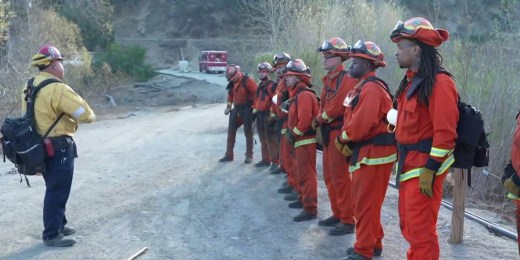
California prisoner firefighter program draws harsh criticism
03:58
-
UP NEXT

Good News: 14-year-old’s effort to help wildfire victims leads to outpouring of support
01:34
-
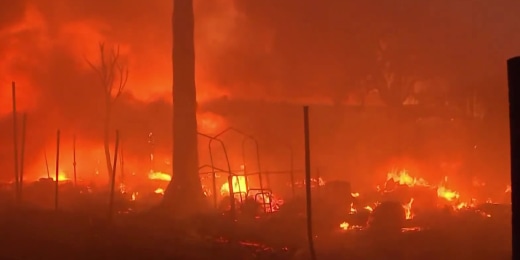
Dozens still missing in Southern California wildfires
02:51
-
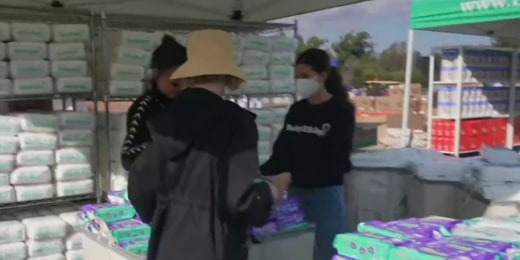
Los Angeles sports teams organize donation drive for fire victims
02:42
-
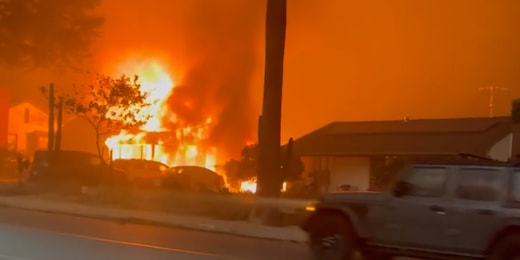
LA firefighter finds own home in flames during Eaton Fire
00:41
-

Residents return to fire-ravaged neighborhoods: ‘I started to cry’
02:22
-
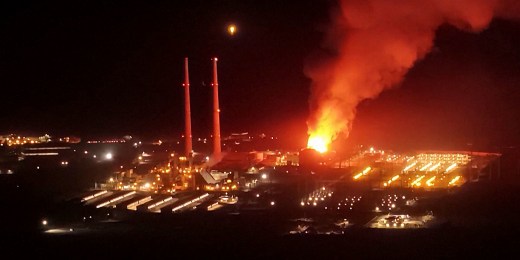
Video shows a fire burning at the site of Vistra Corp’s Moss Landing power plant in California
00:34
-
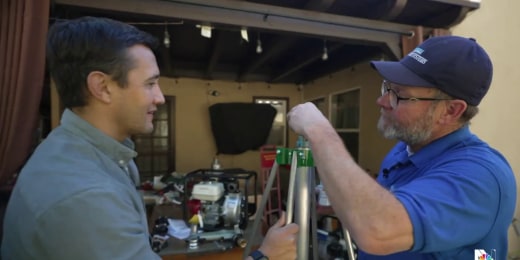
Science teacher’s little engine helps homeowners save their properties
01:36
-
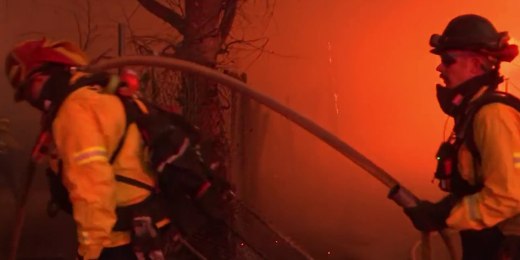
Growing concern about mudslides after Southern California wildfires
02:14
-
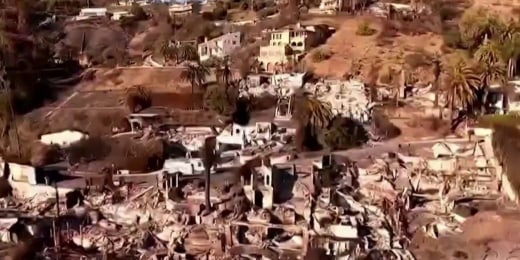
Landslide dangers grow in California’s fire damaged areas
03:11
-
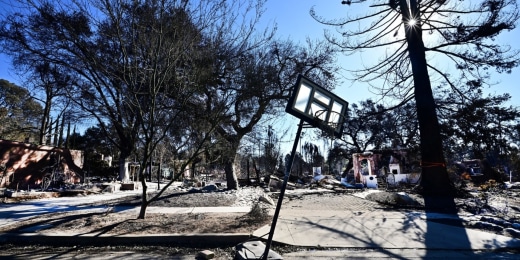
Santa Ana winds die down as crews try to contain the wildfires
04:42
-
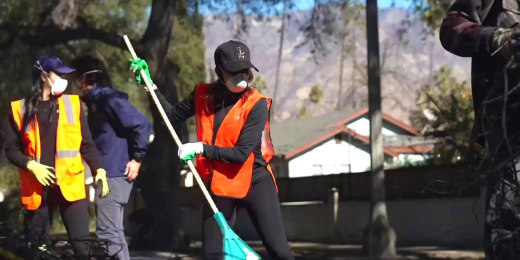
Inside secondary responder efforts to help California wildfire relief
02:41
-
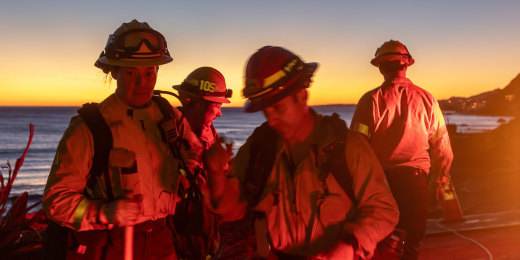
Reduced winds help firefighters battle intense California wildfires
02:29
-
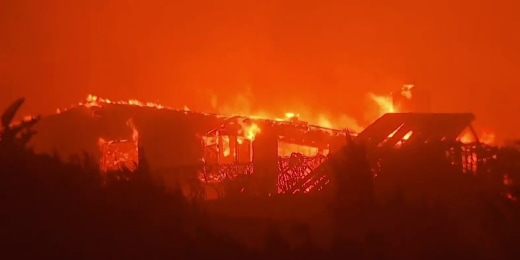
Signs of progress as firefighters continue to battle wildfires
02:25
-
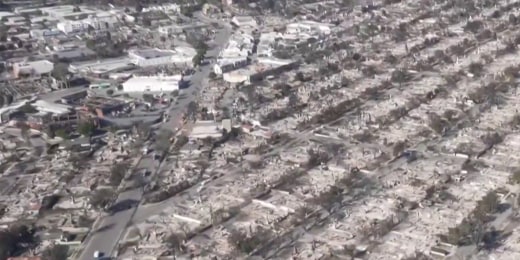
California remains under extreme wind warning as crews battle fires
02:47
-
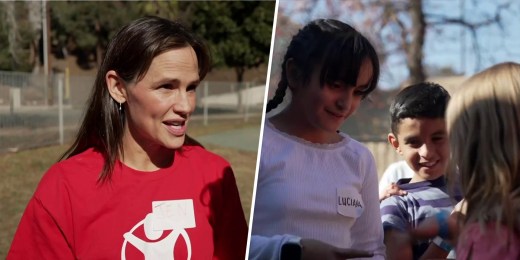
Jennifer Garner joins Save the Children to help LA wildfire victims
04:11
-
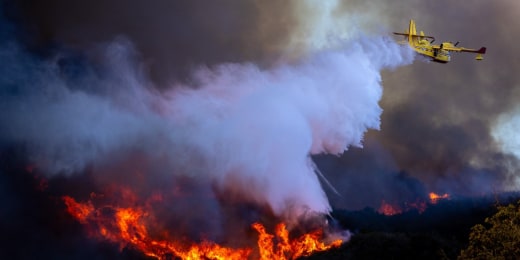
California wildfires death toll rises as firefighters prepare for more Santa Ana winds
04:18
-
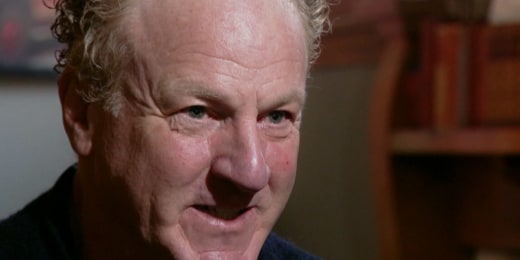
Colorado man – and his daughter – aim to help those in need of accommodation in L.A.
01:45
-

Seattle Humane finding new homes for pets who were rescued from L.A. shelters
01:43
-

Los Angeles cat cafe offers cuddle sessions for those affected by wildfires
01:08
-
Now Playing

California prisoner firefighter program draws harsh criticism
03:58
-
UP NEXT

Good News: 14-year-old’s effort to help wildfire victims leads to outpouring of support
01:34
-

Dozens still missing in Southern California wildfires
02:51
-

Los Angeles sports teams organize donation drive for fire victims
02:42
-

LA firefighter finds own home in flames during Eaton Fire
00:41
-

Residents return to fire-ravaged neighborhoods: ‘I started to cry’
02:22
California
A giant battery power plant is on fire in California
/cdn.vox-cdn.com/uploads/chorus_asset/file/25835187/2193727250.jpg)
A fire broke out at the Moss Landing Energy Storage Facility in Central California Thursday. The battery power plant is the largest in the world according to the company, Vistra, that owns it.
The Monterey County Sheriff’s Office issued evacuation orders for nearby residents and closed parts of Highway 1 in response. County Health officials have asked other residents to shelter indoors with windows and doors closed and to switch off ventilation systems.
The company will investigate the cause of the fire once it’s out, Vistra spokesperson Jenny Lyon told The Mercury News. Vistra did not immediately respond to an email from The Verge. It completed an expansion of the facility in 2023, adding more than 110,000 battery modules needed to store renewable energy. Energy storage facilities like this one are essential for power grids to be able to keep enough excess solar and wind energy so it’s available when the sun goes down and winds wane.
This isn’t the first battery fire in the area. A nearby Pacific Gas & Electric battery plant stocked with Tesla batteries caught fire back in 2022. The year prior, Vistra had to temporarily shut down its battery plant at Moss Landing after a malfunctioning smoke detector and heat-suppression system sprayed water on its batteries, Canary Media reported.
-
/cdn.vox-cdn.com/uploads/chorus_asset/file/25822586/STK169_ZUCKERBERG_MAGA_STKS491_CVIRGINIA_A.jpg)
/cdn.vox-cdn.com/uploads/chorus_asset/file/25822586/STK169_ZUCKERBERG_MAGA_STKS491_CVIRGINIA_A.jpg) Technology1 week ago
Technology1 week agoMeta is highlighting a splintering global approach to online speech
-

 Science7 days ago
Science7 days agoMetro will offer free rides in L.A. through Sunday due to fires
-
/cdn.vox-cdn.com/uploads/chorus_asset/file/23935558/acastro_STK103__01.jpg)
/cdn.vox-cdn.com/uploads/chorus_asset/file/23935558/acastro_STK103__01.jpg) Technology6 days ago
Technology6 days agoAmazon Prime will shut down its clothing try-on program
-

 News1 week ago
News1 week agoMapping the Damage From the Palisades Fire
-

 News1 week ago
News1 week agoMourners Defy Subfreezing Temperatures to Honor Jimmy Carter at the Capitol
-
/cdn.vox-cdn.com/uploads/chorus_asset/file/25826211/lorealcellbioprint.jpg)
/cdn.vox-cdn.com/uploads/chorus_asset/file/25826211/lorealcellbioprint.jpg) Technology6 days ago
Technology6 days agoL’Oréal’s new skincare gadget told me I should try retinol
-
/cdn.vox-cdn.com/uploads/chorus_asset/file/25832751/2192581677.jpg)
/cdn.vox-cdn.com/uploads/chorus_asset/file/25832751/2192581677.jpg) Technology3 days ago
Technology3 days agoSuper Bowl LIX will stream for free on Tubi
-

 Business4 days ago
Business4 days agoWhy TikTok Users Are Downloading ‘Red Note,’ the Chinese App
















